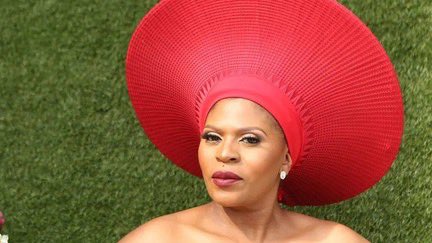
Zulu words and phrases you need to know
Ever wondered if the Zulu ‘tannies’ are gossiping, or talking about their week? Here are some Zulu words and phrases YOU should know.

Zulu is one of Southern Africa’s most spoken 12 official languages. Yet many South Africans can’t speak a single word or phrase of it! Have you ever wondered if the Zulu ‘tannies’ are gossipping, or just talking about their week?
ALSO READ: Three WEIRD questions ALL South Africans will know
Here are some of the most common words and phrases you should learn.
FYI: Census 2022: The most spoken language in South Africa
ZULU: UNJANI? NINJANI?
According to Omniglot, these are the two phrases you will use in Zulu to ask someone how they are doing. The first (‘Unjani?’) is used for asking a singular person, while the second (‘Ninjani?’) is used to ask a group of people the same question.
ALSO READ: Moon in Zulu: Did YOU know how to say it?
Yes, it is considered impolite to speak to someone without first asking how they are!
When greeting someone, don’t be surprised when their first response is, ‘I am fine!’ even if you didn’t ask yet.
NGIKHONA, NGIYABONGA
Also according to Omniglot, this is the Zulu phrase used to respond to questions.
This would mean that you are fine, thank you. ‘Ngiyabonga’ is the part of this sentence you would use to say thank you.
ALSO READ: Latest: New SA song releases to hear this week!
It’s only polite to ask someone how they are doing in return.
In response, you would ask a Zulu-speaker, ‘Wena unjani?’ or ‘Nina ninjani?’ It means: and you?
ZULU LOVE: NGIYAKUTHANDA
According to Lingalot.com, this is the phrase you would use to express love for someone (or something).
The phrase is commonly heard in South African love songs!
ALSO READ: Battle for the ZULU THRONE resumes
It might be one of the most useful phrases, too.
‘PLEASE’ IN ZULU
‘Ngiyacela’ is how a speaker would say please, according to Indifferentlanguages.com.
‘Ngiyabonga’ is how someone would say thank you.
YES AND NO
If you can understand the question but you aren’t sure how to answer, it’s either ‘Yebo’ for yes, or ‘Cha’ for no according to Edline.
Not sure?
There’s always Google Translate as a last resort.
